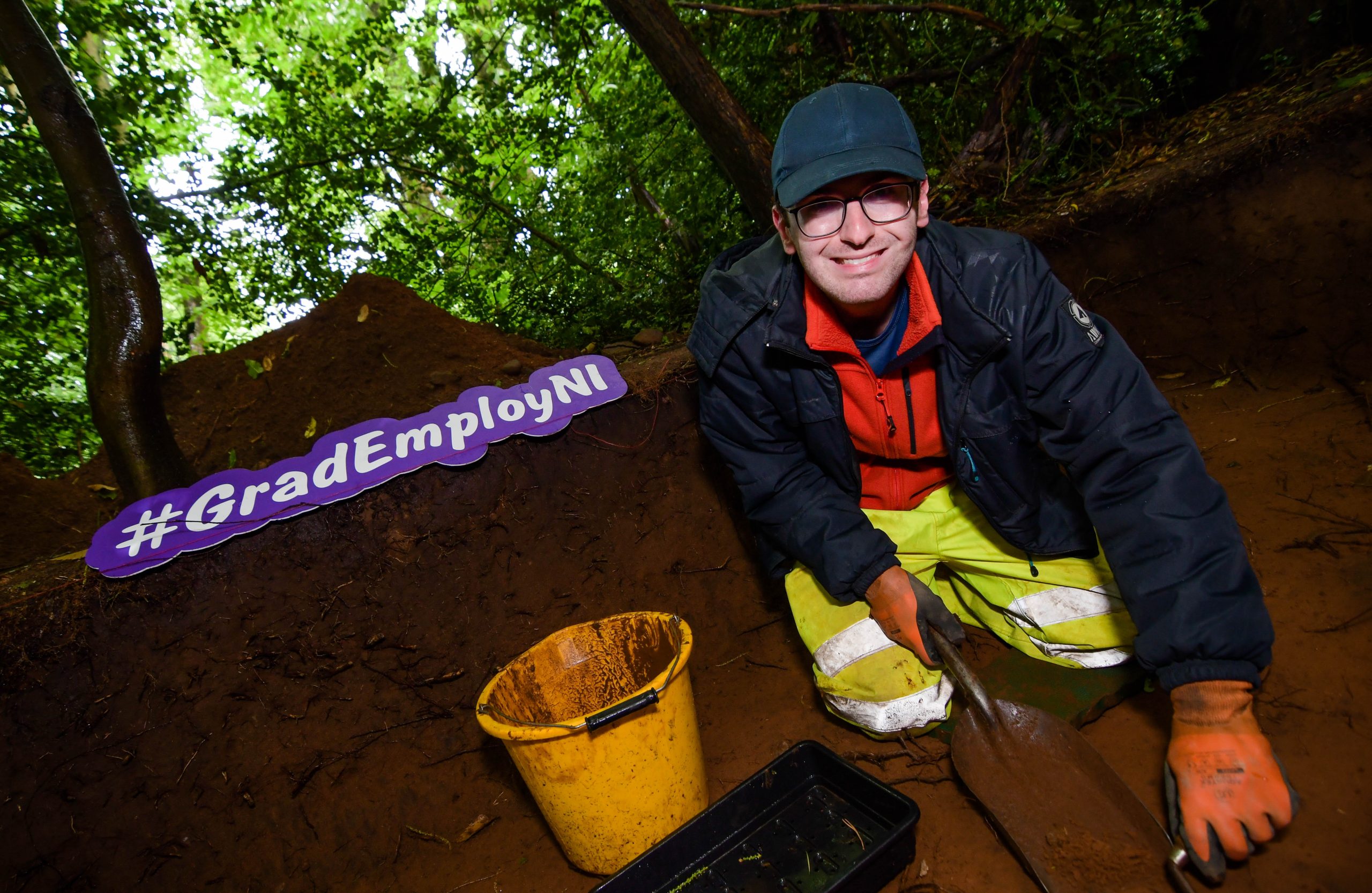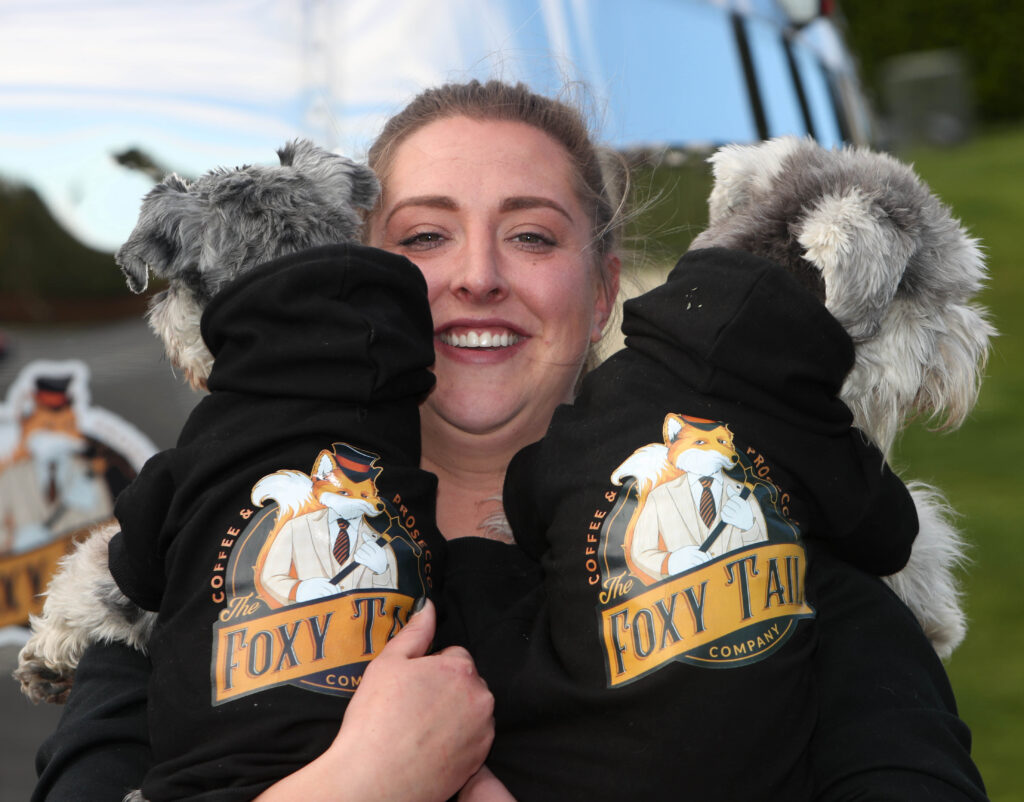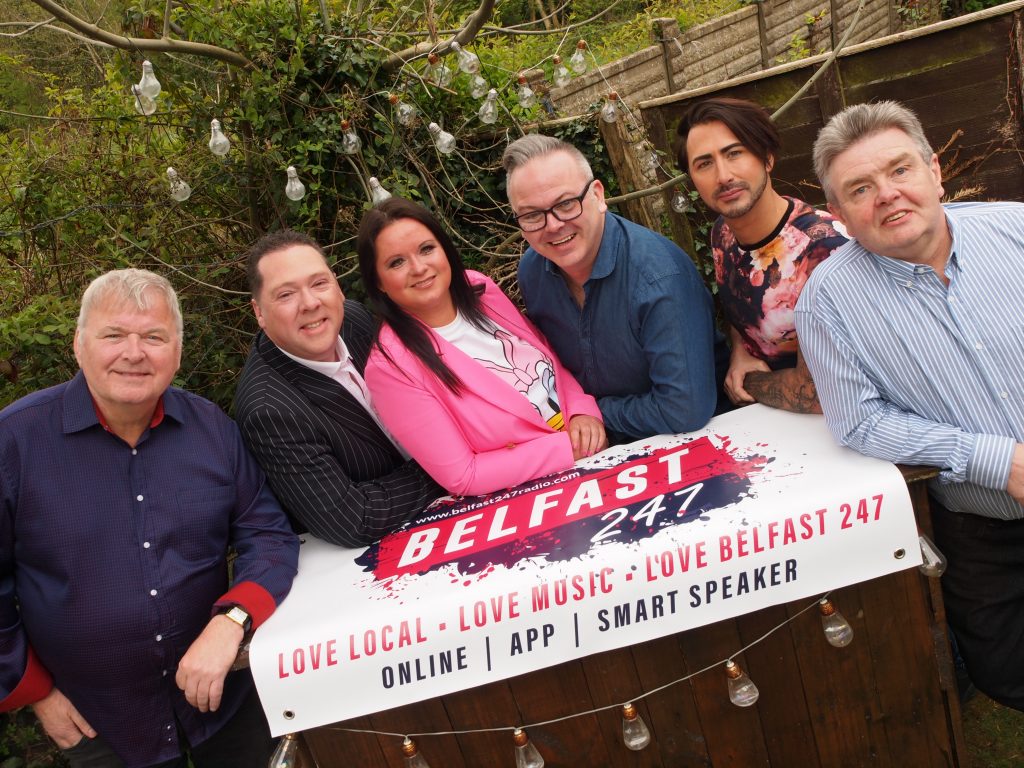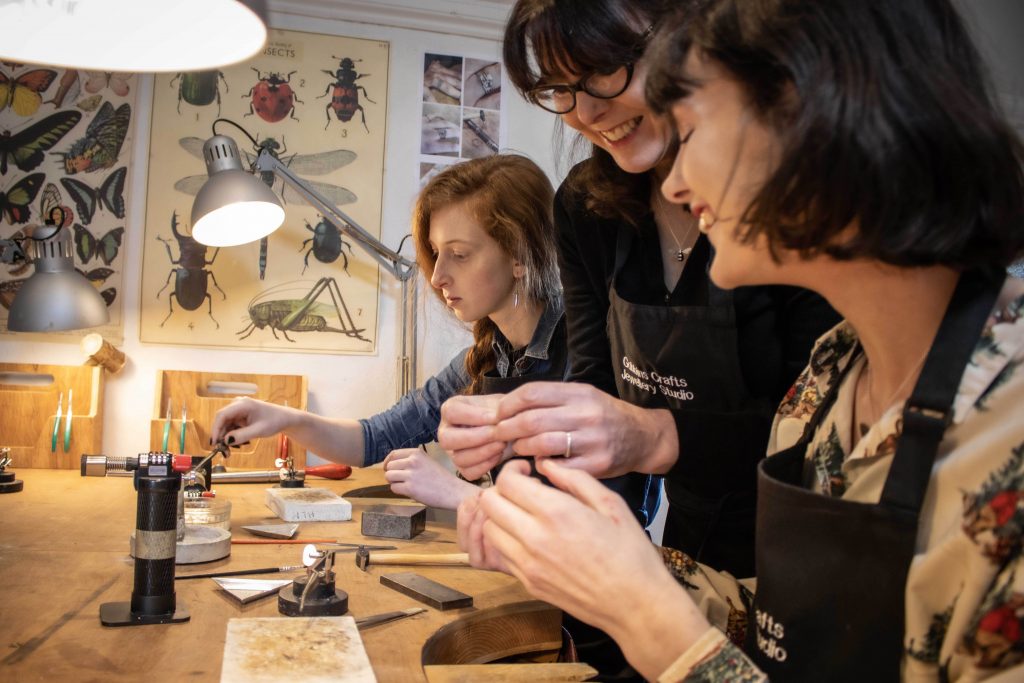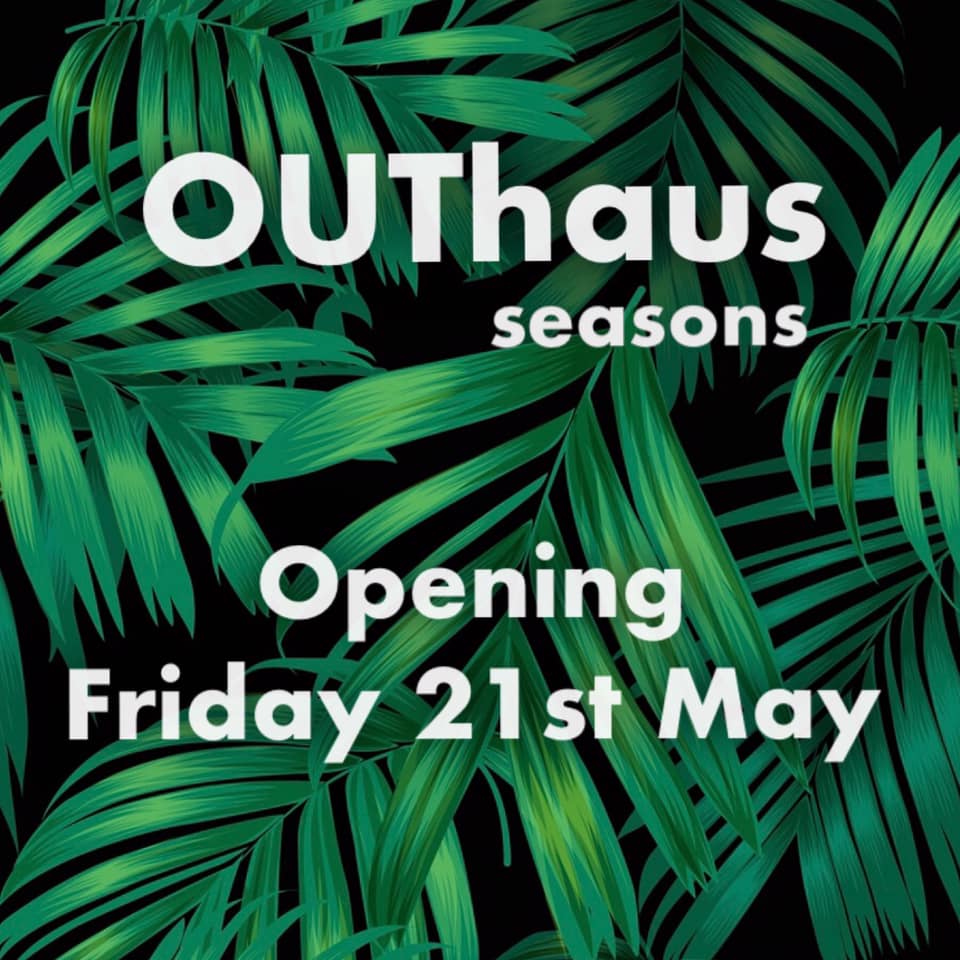“I’ve Found Ways To Handle Stress” Says Archeology Graduate With ASD About His Career Journey
Disability project gives Northern Ireland’s university leavers with disability access to dream jobs
By Maia Biermann
Frequently, according to people with a disability, HR managers fail to realise how important it is for such applicants to be able to discuss their conditions openly. Lack of honesty during the hiring process could traumatise a person forever.
Belfast man Matthew Adams, 27, was diagnosed with Autistic Spectrum Disorder (ASD) at the age of eight, and has also suffered from social anxiety, making it hard for him to navigate through the demanding job market.
“It has definitely put a strain on me,” said Matthew.
Matthew was in his late teens when he applied for a position and told employers about his ASD. As a result of his disclosure, his employment was delayed for a month so they could send him to a doctor for a medical assessment to ensure he was capable of doing the work.
Such a requirement caused Matthew to miss out on a month’s work and salary, making him “very wary” of disclosing the condition to future employers, something he found frustrating.
Matthew is among many other fully qualified people with disabilities across the UK for whom getting a job is almost an insurmountable challenge.
Official statistics show that the employment rate for people with disabilities was just 52.7 per cent as of 2021, compared with 81 per cent for non-disabled people. In Northern Ireland, opportunities seem to be even less favourable for this group as the employment rate for them is far lower at 38 per cent.
Launched by a health and welfare charity Leonard Cheshire to turn the tide of poor employment outcomes for fully qualified graduates with disabilities, a new placement scheme GradEmployNI is championing the cause.
The first of its kind in Northern Ireland, the project places university leavers with various businesses in paid placements for the duration of four months. It’s being delivered in partnership with Ulster University Business School which provides additional workplace training for successful applicants.
Matthew, who heard about the Leonard Cheshire scheme from friends in the same situation, was among the lucky participants.
“The programme has put me in contact with fantastic people who have helped me grow as a person, develop new skills and give me access to information I wouldn’t have found without it,” he said.
Leonard Cheshire is the UK’s leading charity advocating for disabled people, including their employment rights globally. The organisation’s Roisin McDermott, manager of the GradEmployNI Programme, said they have received a diverse range of applications.
“It is a very positive step forward in boosting the employment rate for graduates with disabilities or health conditions in Northern Ireland, which is currently the lowest in the UK,” she said.
Graduates on the programme were placed with three large IT companies (Civica, Kainos, Expleo Group), four quasi-governmental bodies (Councils, Policing Board and Queens), seven with not-for-profit organisations and six with small businesses.
Among the first to engage with Leonard Cheshire’s scheme to offer internship roles, was the Centre for Community Archaeology at the Queen’s University Belfast, where Matthew Adams has been placed. The Centre undertakes outreach activities with local communities across Northern Ireland, enabling interested adults and school children to volunteer in archaeological fieldwork projects.
For Mathew, this was an ideal match. Having been fascinated by ancient history and other civilisations since his childhood, he always wanted to be an archaeologist. After completing his undergraduate degree in geography at the University of Ulster, he continued studies in Galway and did a master’s degree in landscape archaeology.
Following the graduation, Matthew was lucky enough to find a job in Downpatrick with an archaeology company and enjoyed his dream profession. However, as the project he was hired for was due to end soon, he knew finding his next employment at a time when work was scarce would be tough.
“I took part in the Leonard Cheshire programme because I wanted to find more about myself and keep me in the workforce,” he said.
Now he’s happy with the decision: “I’ve been having a really good time. The placement matches my interests and skills. I’ve been doing some really good work with them – experimental arch, post excavation work – and for the last two weeks I’ve been working as a supervisor on their student training dig at Stranmillis.”
Looking back at his past struggles with society and employment, Matthew is grateful for “a lot of support” along the way, for that caring attitude that helped him learn how to manage his anxiety and stress to live a full life “as a functioning adult.”
He explained: “Thanks to the support I received from all previous groups including Leonard Cheshire, my disability has less of an impact on my work, and my ability to form professional relationships with peers and superiors. I’ve found ways to handle stress.”
Contemplating whether today’s HR leaders understand the needs of people with disabilities and health conditions and try to provide a supportive environment, Matthew thinks the situation is still far from ideal. “It varies from employer to employer,” he said.
Last year, Leonard Cheshire helped 22,152 people with disabilities to seek employment in the UK, Africa and Asia. With all their expertise and experience in the field, their statistics indicate a gloomy picture in terms of employer attitudes towards hiring people with disabilities. Their figures show one in every five employers says they would be less likely to hire someone with a disability, with almost 70 per cent naming the cost of potential workplace adjustments as a key reason.
However, in many cases, those adjustments bear no material cost at all. For example, the only adjustment that the Centre for Community Archaeology had to make for Matthew was to provide further elaboration on instructions for him to make sure he understands everything.
“I’ve found them welcoming, and I didn’t have to do another medical assessment. The staff at Queen’s are good craic,” Matthew said.
Knowing he can be open with his colleagues and supervisors about his condition is the most comforting thing he could wish for.
“You need to be honest with employers about this type of disability – especially when it comes to social interactions and how you receive and interpret information,” he added.
Based on his personal experience, Matthew’s message to talent recruiters is to be welcoming, open and understanding to people with disabilities and health conditions: “Have a good honest chat with them and listen to what they have to say about their limitations. Those living with a disability know their limitations and how to manage them.”
Matthew also has a piece of advice for other graduates in similar situations: “I’m really glad I’ve signed up for this experience, and I would highly recommend it to any graduate with a disability. It makes your life better.”
For more information go to https://www.leonardcheshire.org/our-impact/our-uk-work/northern-ireland

